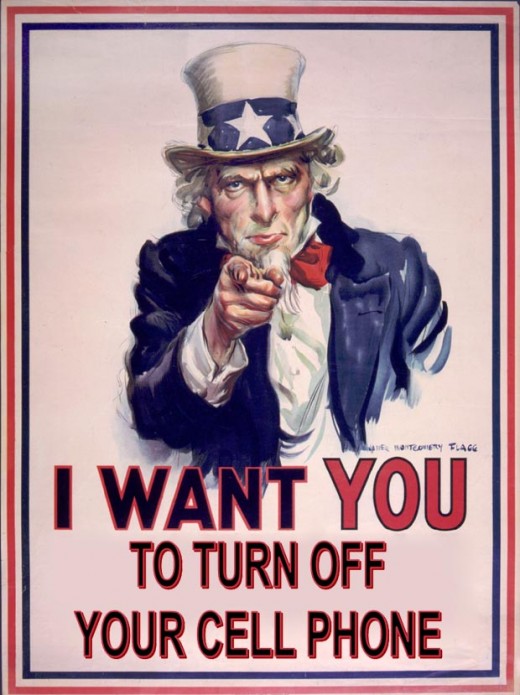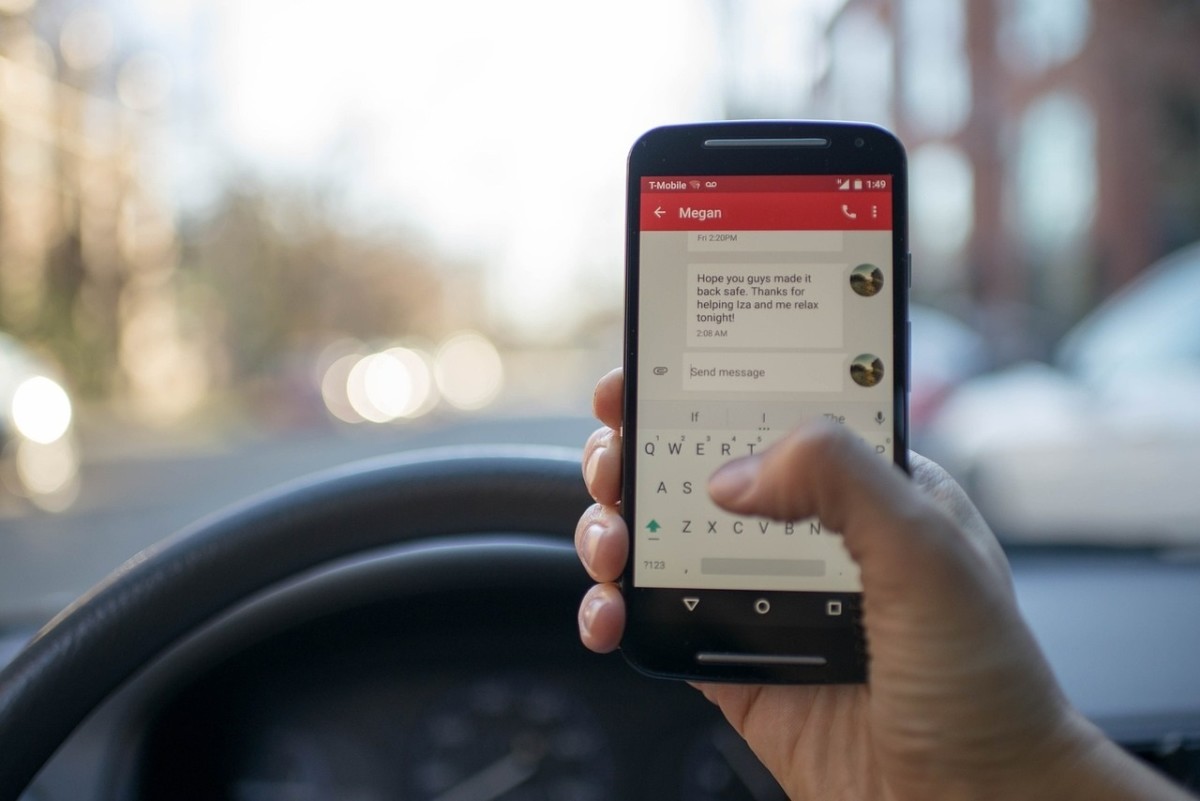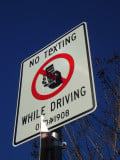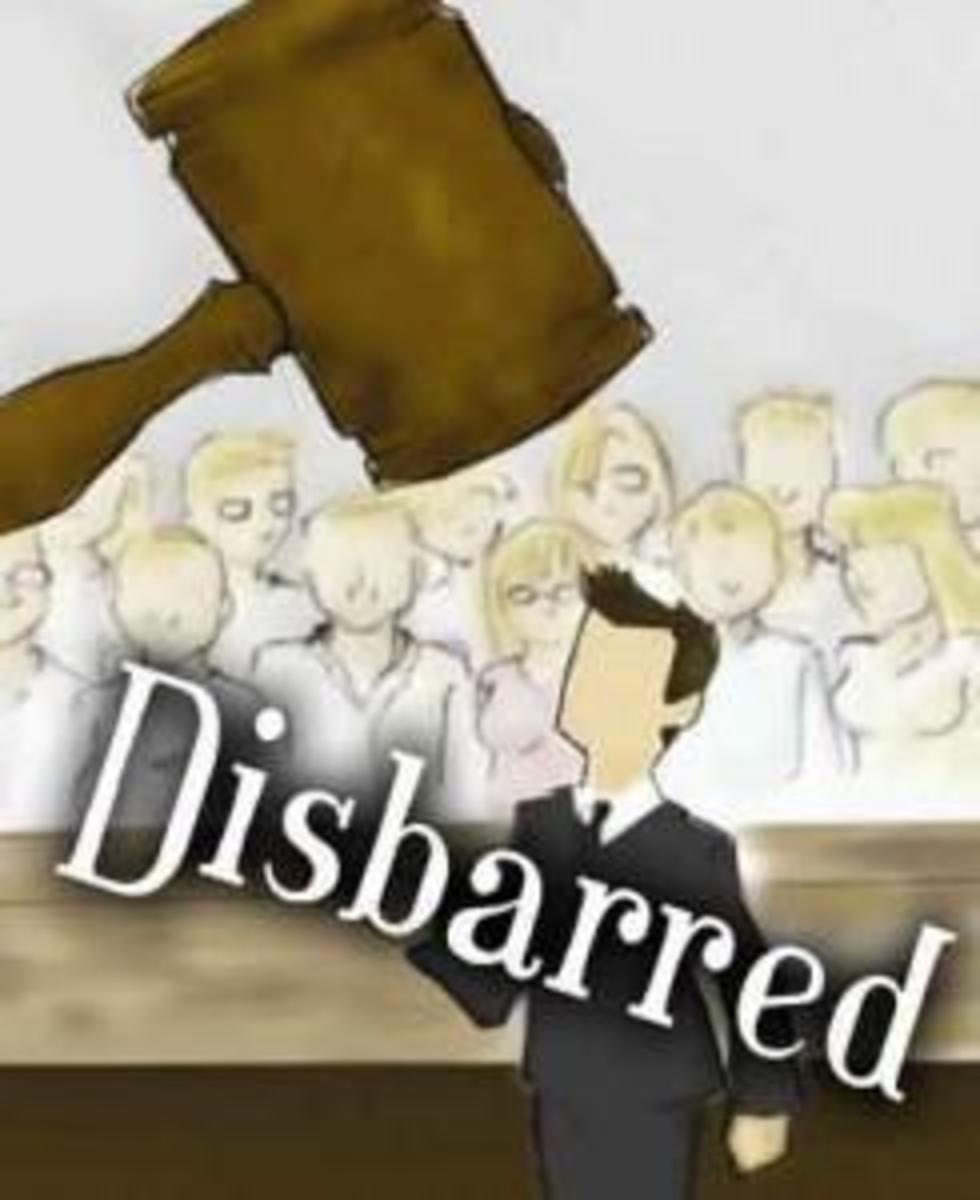Texting while Driving: Implementing Laws and Regulations

Due to increasing vehicular accidents that involves the use of cellular phones while driving, various states have started implementing laws and regulations with regards to cellular phone bans and driving. Though there has been no state that prohibits the complete use of cellular phones either handheld or hands free, while driving, there has been laws that prohibit certain cellular phone use and a specific segment og society to avoid vehicular accidents (“Cell Phone Driving Laws”).
Missouri
In the state of Missouri for example, the Missouri General Assembly have ratified a legislation that was signed by Governor Jay Nixon to be passed as State law that prohibits any person of 21 years old and below from receiving, writing, and sending text messages through a hand held or hands free from wireless mobile devices. The law is in the omnibus crime bill; House Bill 62 was officially in effect 28 august 2009. The law aims at minimizing the distracted drivers especially the inexperienced ones could endanger themselves and other people who are also driving (“Gov. Nixon Reminds Young Missourian that State Law Banning Texting while Driving Takes Effect Today”).
I have to agree with Governor Nixon that it is crucial to minimize distraction when driving. After all, it’s hard to multi-task when driving because the act of driving is in itself a multi-task that requires full-attention and quick reflex. However, if there would be banning of texting will driving, then I find it senseless that the prohibition are only for those “inexperienced” drivers 21 years old and below. Does it not pose the same hazard id the driver is distracted no matter the age?
If the state of Missouri and other states for that matter will take upon itself the initiative of assuring that every commuters get the benefit of added safety via prohibiting the use of cellular phones, then it must do so using logic and common sense. It is possible and generally the case that the older an individual is, the more experienced that person is in driving. And experienced driver has developed in them the reflex and presence of mind to react when the circumstances called for him/her to do so. However, the point of banning texting while driving has nothing or very little thing to do with experience. The aim of banning texting, as Governor Nixon points out is to eliminate distraction on the driver.
Now, a distracted driver, again, no matter the amount of experience is still a distracted driver. He/she could easily pose as a threat to anyone near him. Ergo, there is equal chance that an experience driver or a novice one, with the same amount of distraction, will likely be involved in a vehicular accident. If the state of Missouri really wants to keep its highways safe, then it must create a logical law that will cover all motorists and not just the selected few. On this manner, there state would guarantee that all efforts are being use to assure the safety of the public.
Moreover, since it already been established that using mobile phones while driving causes danger, an information guideline should be distributed on its constituent to make sure that everyone is aware of the newly implemented law. Moreover, guidelines in answering calls and texting should be issued so that motorists will know the important to pull over and stop to answer call or do text messaging. Lastly, a further study and analysis on the law should be made to pass a law that makes sense, a law that would prohibit both the experienced and novice drivers from being distracted whether in receiving or making calls or doing text messaging.
References
“Cell Phone Driving Laws.” Governors Highway Safety Association. Web. 17 October 2009
“Gov. Nixon Reminds Young Missourian that State Law Banning Texting while Driving Takes Effect Today”. Office of Missouri Governor Jay Nixon. Web. 7 October 2009








